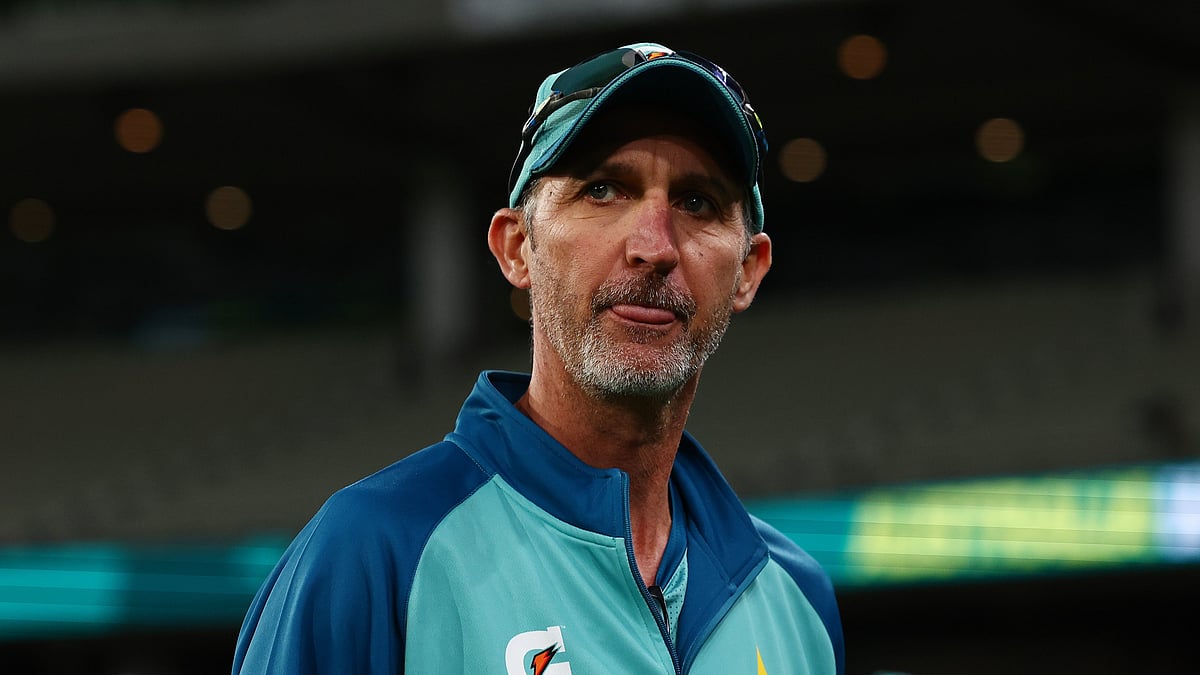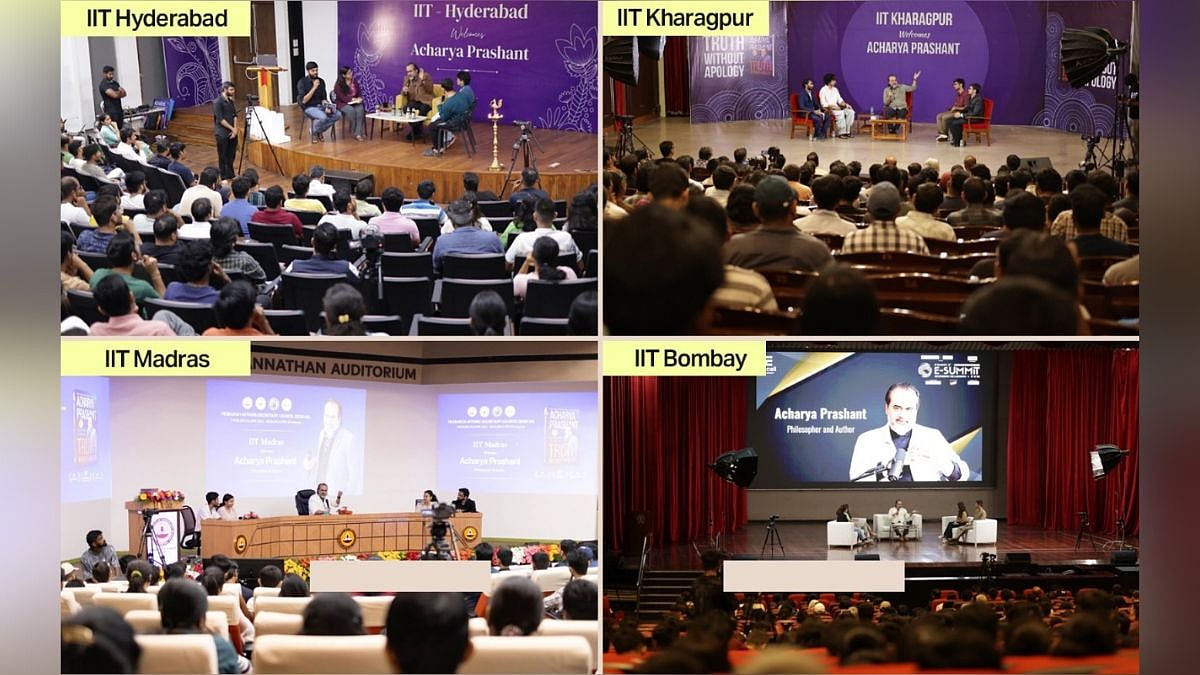Legacy ERP systems often struggle to keep pace with the evolving demands of modern businesses, leading to inefficiencies, costly manual processes, and challenges in data integrity. Transitioning these outdated systems to cloud-based solutions like Oracle Cloud ERP offers organizations the opportunity to streamline operations, enhance data accuracy, and unlock new levels of scalability and performance. Oracle Cloud ERP, with its suite of advanced financial and supply chain management tools, provides a powerful platform for organizations looking to optimize their business processes, reduce operational costs, and maintain compliance with the latest industry standards.
Thejas Prasad, an Oracle ERP Financials Functional Architect, has been at the forefront of this transformative journey, playing pivotal roles in multiple large-scale ERP implementations and upgrades across diverse geographies, including India, Mexico, and the United States. With expertise in modules such as General Ledger, Fixed Assets, Payables, Receivables, and Cash Management, Prasad's extensive involvement in full life cycle Oracle E-Business Suite projects has established him as a key figure in the ERP domain. His consistent maintenance of Oracle ERP expert-level certifications underscores his deep knowledge and commitment to excellence in ERP solutions.
His work has driven significant improvements in operational efficiency and cost savings for various organizations. One of his notable projects involved transforming an antiquated platform that relied heavily on manual processes into a modern, automated system, enhancing financial operations and significantly reducing processing times and error rates. In another project, his leadership in a Source to Settle implementation enabled the replacement of outdated applications, enhancing efficiency in non-trade business transactions and driving greater process integration.
According to him, a significant achievement was his leadership in a global financial implementation for a major international retailer, standardizing financial and supply chain applications under a unified Oracle Cloud ERP system. “This transformation streamlined business processes, ensured data integrity and security, and addressed previous system vulnerabilities”, he mentioned. Prasad’s innovative use of Oracle Cloud functionalities, such as a complex General Ledger Allocation process designed with Calculation Manager, demonstrated his ability to harness advanced tools to meet specific business needs.
The expertise also shined in his work with a leading manufacturing company as it embarked on its digital transformation journey. His leadership in transitioning from legacy Oracle E-Business Suite applications to Oracle Cloud Fusion ERP systems helped modernize key financial and operational modules, creating a more agile and responsive business environment. His focus on migrating complex customizations to PaaS middleware ensured that critical legacy functionalities were seamlessly integrated into the new cloud system.
Moreover, throughout his career, Thejas has consistently demonstrated the transformative potential of Oracle Cloud ERP by overcoming significant challenges, such as conducting detailed data migrations and reconciliations at the account level during large-scale digital transformations. His strategic approach, which involves thorough assessments of legacy systems, gap analyses, and detailed roadmaps for implementation, ensures that organizations not only transition smoothly to Oracle Cloud but also capitalize on its full potential to drive business growth.
His published work, including research articles on integrating third-party systems for payments approval workflows, highlights his thought leadership and ongoing commitment to advancing ERP technology. His insights emphasize the importance of aligning ERP transformations with organizational goals, minimizing customizations, and leveraging cloud-native functionalities to enhance overall business performance.
Through his expertise and dedication, Thejas Prasad continues to set a new standard in ERP transformation, showcasing how legacy systems can be revitalized to meet the needs of today’s dynamic business landscape. His work not only bridges the gap between traditional and modern ERP solutions but also empowers organizations to achieve greater efficiency, scalability, and success.









